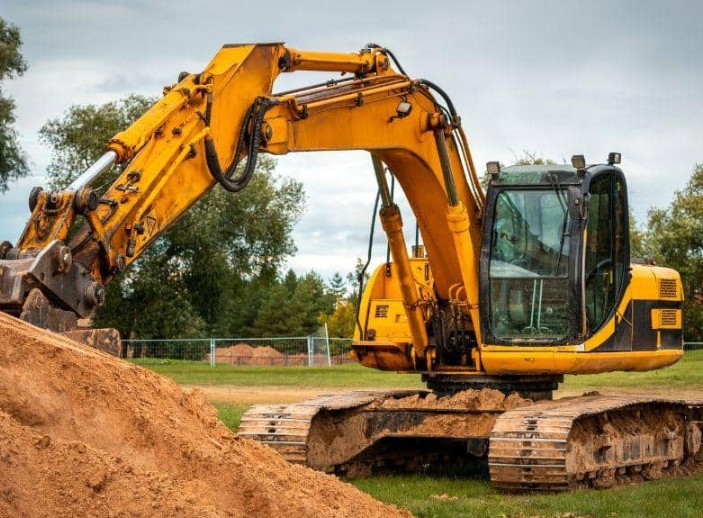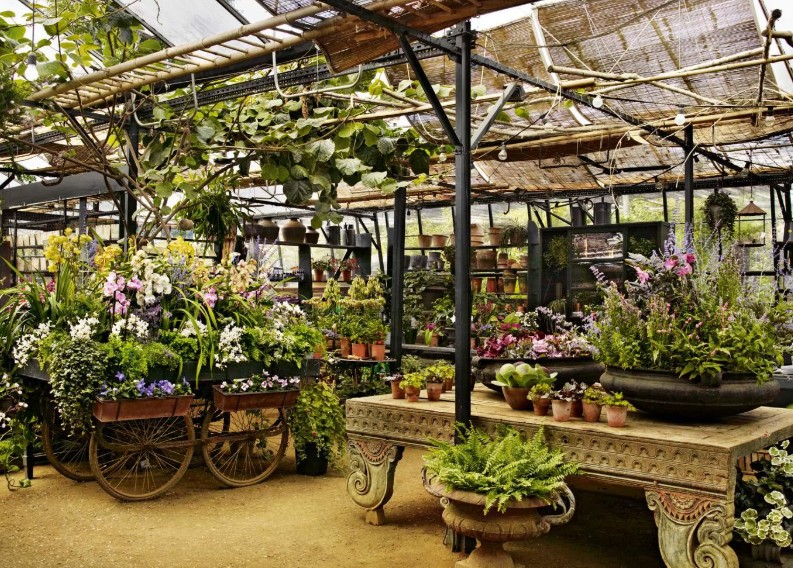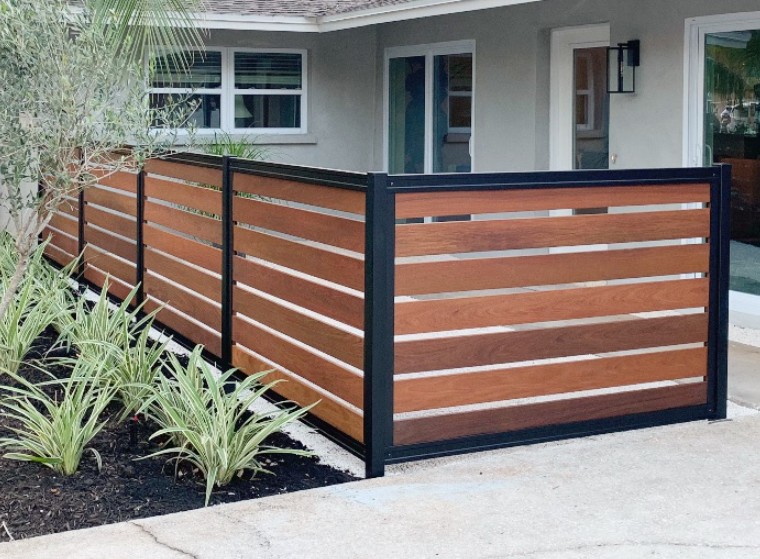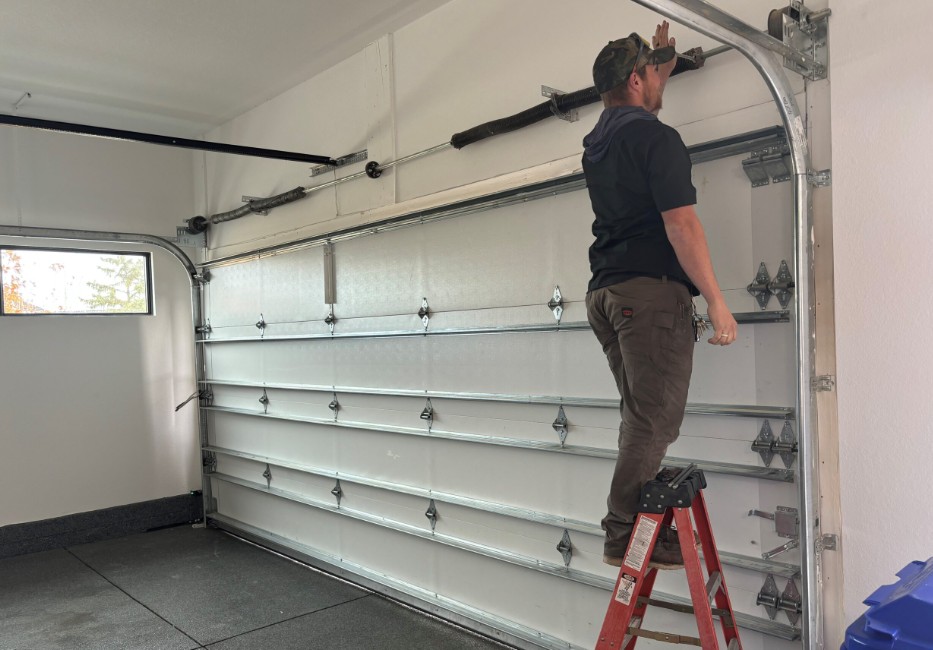Napa County Master Gardeners: Preparing for winter | Home and Garden
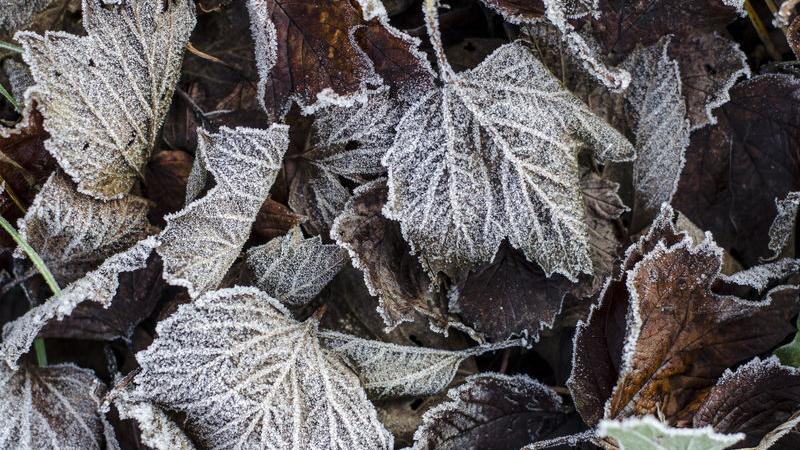
The sky is blue, the hills are green, and we will certainly have some sunny days ahead. Now is a good time to get your yard prepared for the winter. The recent rains have softened the soil, which will make your garden chores easier.
Support local news coverage and the people who report it by subscribing to the Napa Valley Register. Special offer: $5 for your first 5 months!
First, take a good look at your plants. Remove plant debris, stalks, dead leaves and anything that looks diseased. It’s a little early to prune your roses, but you should remove any leaves or stems with fungus. You can chop up your dead plants and put them in your compost, but do not put any diseased material in the compost. The disease will just incubate.
If your perennial plants have seed heads, leave them for the birds to eat. You can cut them down when the seeds are gone.
Make time to weed. It is gratifying to pull weeds after a rain because they come up so easily. You can put them in the yard-waste bin. The hot compost process used by the City of Napa’s waste-management company will kill any seeds.
As long as the ground is soft, you can dig a few holes so they are ready for any planting you might want to do later in the spring.
After you weed, mulch. It will keep the weeds down. Mulch also insulates the ground, keeps it from drying out, and eventually rots, improving soil texture. You can buy mulch at a nursery or you can make your own with chopped-up yard waste, such as twigs, leaves, and grass. The larger bits of compost left behind after you sieve your compost can be used as mulch, too. So can shredded newspaper, brown paper bags, and cardboard.
People are also reading…
I am of two minds about raking leaves. Sometimes you just want your yard to look tidy, and you can put the leaves in the compost bin. However, I always leave several piles on the ground because eventually they rot and improve the soil. hey, are also a hiding place for insects and other creatures that are beneficial for your garden and a food source for birds. It’s fun to watch birds messing around in the leaves in winter.
You should assume that we will have a couple of nights of frost, so get ready now. Pay attention to the weather reports. Identify which plants need protection. At my house, it’s brugmansia and daphne. Perhaps you have fuchsia, bougainvillea, young fruit trees, succulents, or avocados. Citrus trees are especially vulnerable.
Start collecting vinyl sheeting, towels, burlap, blankets, and sheets. You will also need something to support the material so it doesn’t touch the leaves, which can be damaged by frozen cloth. One gardener I know used two metal chairs to balance a ladder over which he folded a sheet, protecting a row of mandevilla. The cloth should touch the ground for better insulation. Be sure to remove the cloth the next day, when the air warms.
Some nurseries sell a nonwoven polyester fabric that can be draped directly over the plant. It won’t hurt the plant even if it touches it and can be left on all day. You can wrap burlap or blankets around the trunks of young fruit trees or around shrubs to keep them from freezing.
Boxes, baskets, and buckets can come in handy for frost protection. I used to be enchanted by the bell-shaped glass cloches in the old Smith and Hawken catalog. You were supposed to place them over a plant to protect it in winter. So French! So adorable! So expensive!
Instead, fill up old plastic milk bottles with water and surround the plant with them. The water insulates them, and you can drape a cloth over it all.
Temperatures can vary widely over a single property. Tree cover, exposure to the sun, and even the height of a bed can make a difference. The lower area of my yard, under a willow tree, is a few degrees cooler than the rest of the yard.
Frost-tender plants generally do better with southern exposure, so think about that. Perhaps you can move your succulents next to the house, so they will have shelter over the winter. You can take this precaution with any container plants that are small enough to move.
When you have your yard prepared for winter, clean your tools and put them away neatly. Because of our climate, we can garden almost year-round, so it’s good to have your tools rust-free and at the ready.
This is also a good time to take stock of what did well in your garden over the last growing year, what could be improved, and, perhaps, what wasn’t worth the effort. Gardening is a perpetual learning experience.
One of my brugmansias froze a few years ago because the weather took me by surprise. I left it alone to see what would happen and, sure enough, green sprouts appeared as spring approached. I trimmed off all the dead-looking limbs, and after a dose of organic fertilizer, it was more luxuriant than ever.
We have been living with drought and fire conditions in Napa Valley for a few years. Our landscape plants, not to mention Napa County flora in general, have been severely stressed. It is probably wise not to rely too much on their resilience and to be prepared for a freeze.
Food Growing Forum: Napa County Master Gardeners will present a discussion of “Cane Berries” on Sunday, November 14, from 3 p.m. to 4 p.m., via Zoom. Register here to receive the Zoom link.
Library Talk
Napa County Master Gardeners will present a talk on “Chasing Sun in Shaded Yards” on Thursday, December 2, from 7 p.m. to 8 p.m. via Zoom. Does your yard have a limited supply of sunny locations to grow vegetables? Learn about site selection and cultural requirements for the plants you want to grow. Register here to receive the Zoom link.
Workshop
Napa County Master Gardeners will lead a workshop on “The Art of Raising Succulents” on Sunday, December 5, from 1 pm to 3 pm, at the Yountville Community Center, 6516 Washington Street, Yountville. Discover how to care for and design with these colorful, unthirsty plants in your garden or on your patio. Attendees will get plant starts to take home. Yountville residents: $16; Non-residents: $18. Free to Golden Ticket members. To register, visit online registration or telephone the Parks & Recreation Department at 707-944-8712.
Got Garden Questions? Contact our Help Desk. The team is working remotely so please submit your questions through our diagnosis form, send any photos to [email protected] or leave a detailed message at 707- 253-4143. A Master Gardener will get back to you by phone or email. For more information visit napamg.ucanr.edu or find us on Facebook or Instagram, UC Master Gardeners of Napa County.
Check out Napa Valley’s most expensive home, a $25m estate located in Deer Park at 850 Sanitarium Road. “The warm modern design features an open floor plan connecting living, dining, cooking, and family rooms, a 2,000 bottle wine library, luxurious primary suite, massage room, gym, two offices, media/theatre room, infinity edge pool, outdoor kitchen, and a full two-suite guest apartment with its own living room and view deck.”
Photos: Go inside Napa Valley’s most expensive home for sale, a $25m mansion
Napa Valley’s most expensive luxury home

Check out Napa Valley’s most expensive home currently for sale. Listed at $25 million, the 41-acre property is located at 850 Sanitarium Road in Deer Park.
Napa Valley’s most expensive luxury home

Check out Napa Valley’s most expensive home currently for sale. Listed at $25 million, the 41-acre property is located at 850 Sanitarium Road in Deer Park. It’s just about a half mile from the Adventist Health hospital.
Napa Valley’s most expensive luxury home

Check out Napa Valley’s most expensive home currently for sale. Listed at $25 million, the 41-acre property is located at 850 Sanitarium Road in Deer Park. It’s just about a half mile from the Adventist Health hospital.
Napa Valley’s most expensive luxury home

Check out Napa Valley’s most expensive home currently for sale. Listed at $25 million, the 41-acre property is located at 850 Sanitarium Road in Deer Park. It’s just about a half mile from the Adventist Health hospital.
Napa Valley’s most expensive luxury home

Check out Napa Valley’s most expensive home currently for sale. Listed at $25 million, the 41-acre property is located at 850 Sanitarium Road in Deer Park. It’s just about a half mile from the Adventist Health hospital.
Napa Valley’s most expensive luxury home

Check out Napa Valley’s most expensive home currently for sale. Listed at $25 million, the 41-acre property is located at 850 Sanitarium Road in Deer Park. It’s just about a half mile from the Adventist Health hospital.
Napa Valley’s most expensive luxury home

Check out Napa Valley’s most expensive home currently for sale. Listed at $25 million, the 41-acre property is located at 850 Sanitarium Road in Deer Park. It’s just about a half mile from the Adventist Health hospital.
Napa Valley’s most expensive luxury home

Check out Napa Valley’s most expensive home currently for sale. Listed at $25 million, the 41-acre property is located at 850 Sanitarium Road in Deer Park. It’s just about a half mile from the Adventist Health hospital.
Napa Valley’s most expensive luxury home

Check out Napa Valley’s most expensive home currently for sale. Listed at $25 million, the 41-acre property is located at 850 Sanitarium Road in Deer Park. It’s just about a half mile from the Adventist Health hospital.
Napa Valley’s most expensive luxury home

Check out Napa Valley’s most expensive home currently for sale. Listed at $25 million, the 41-acre property is located at 850 Sanitarium Road in Deer Park.
Napa Valley’s most expensive luxury home

Check out Napa Valley’s most expensive home currently for sale. Listed at $25 million, the 41-acre property is located at 850 Sanitarium Road in Deer Park. It’s just about a half mile from the Adventist Health hospital.
Napa Valley’s most expensive luxury home

Check out Napa Valley’s most expensive home currently for sale. Listed at $25 million, the 41-acre property is located at 850 Sanitarium Road in Deer Park. It’s just about a half mile from the Adventist Health hospital.
Got Garden Questions? Contact the Master Gardeners’ Help Desk. The team is working remotely so please submit your questions through the diagnosis form, sending any photos to [email protected] or leave a detailed message at 707- 253-4143. A Master Gardener will get back to you by phone or email. For more information visit http://napamg.ucanr.edu or find them on Facebook or Instagram, UC Master Gardeners of Napa County.

